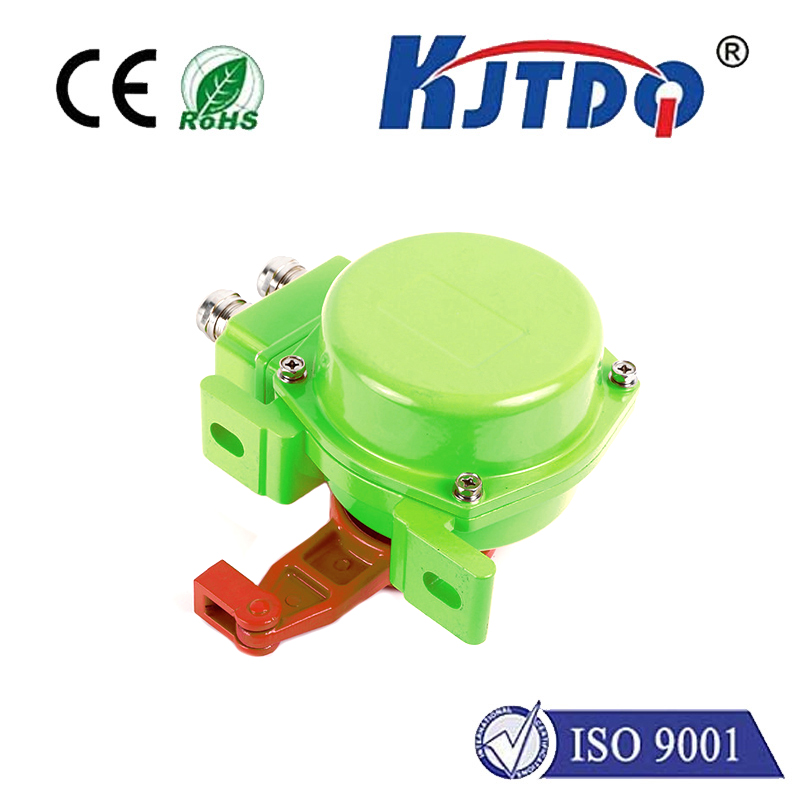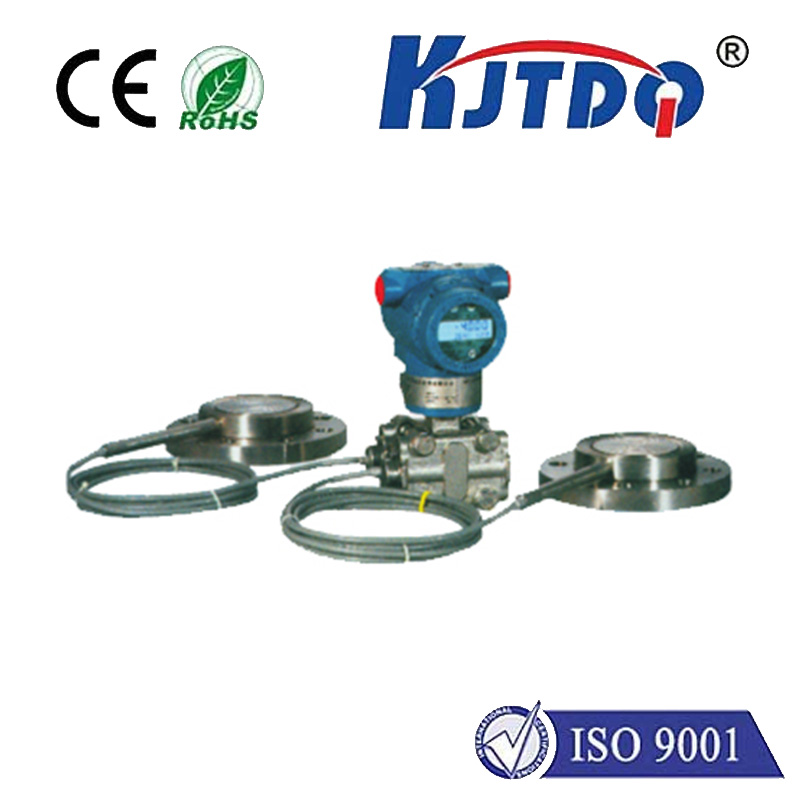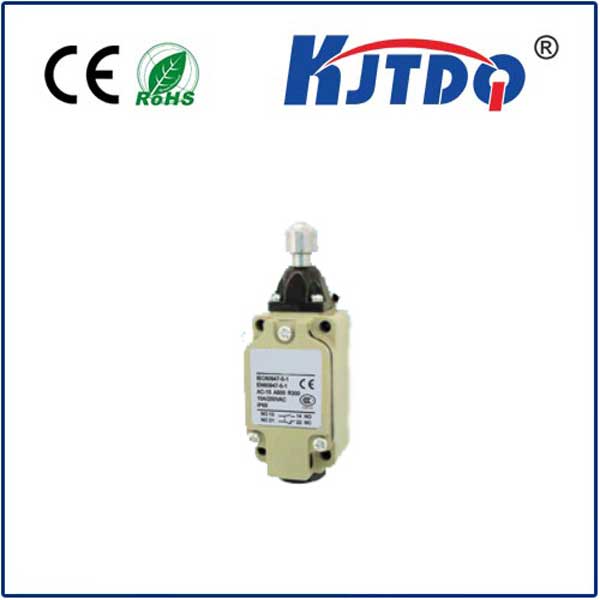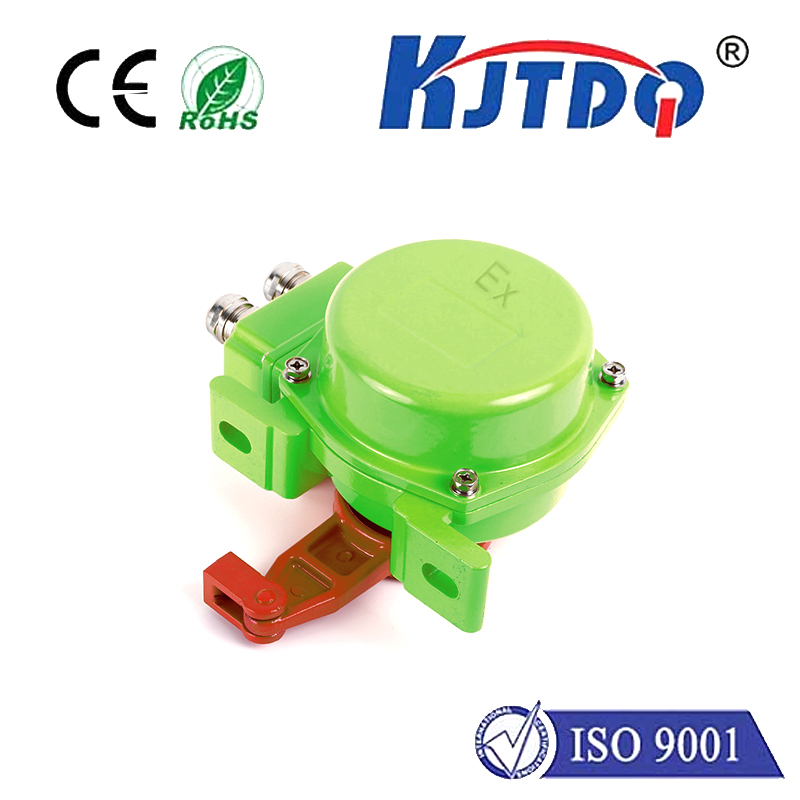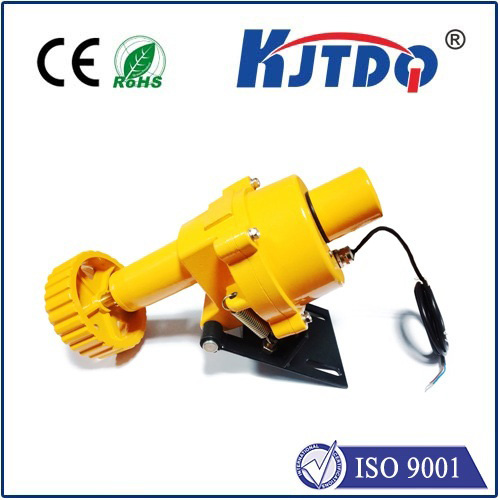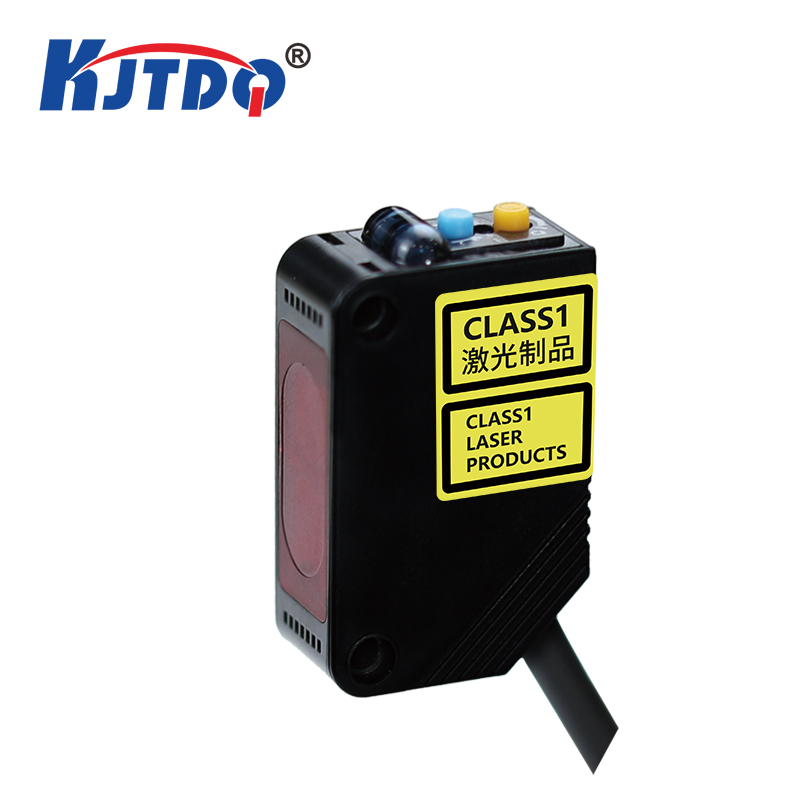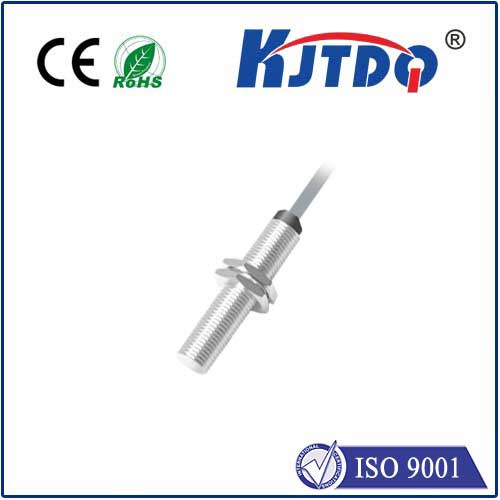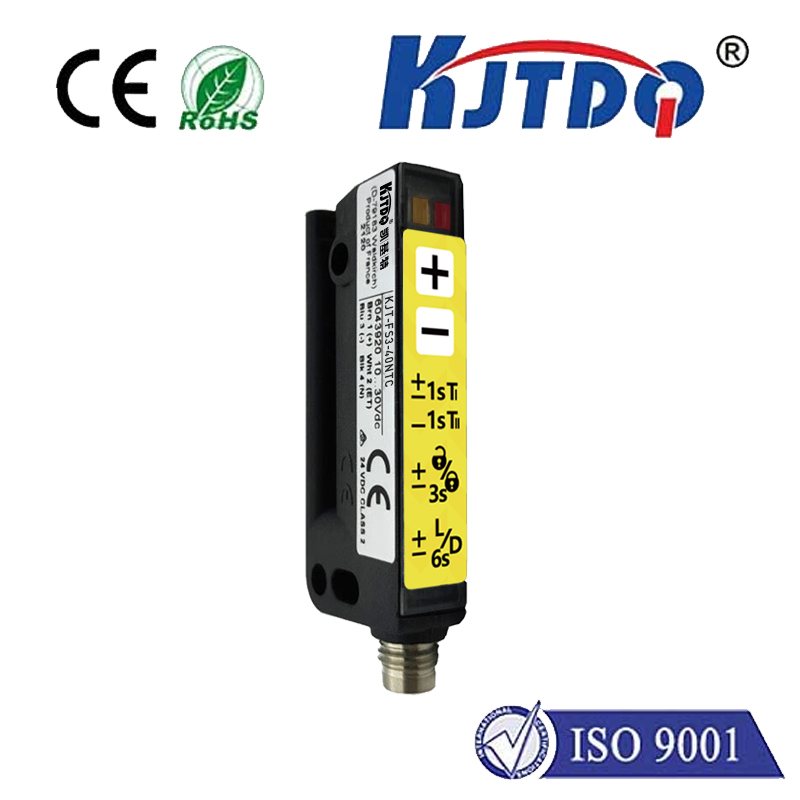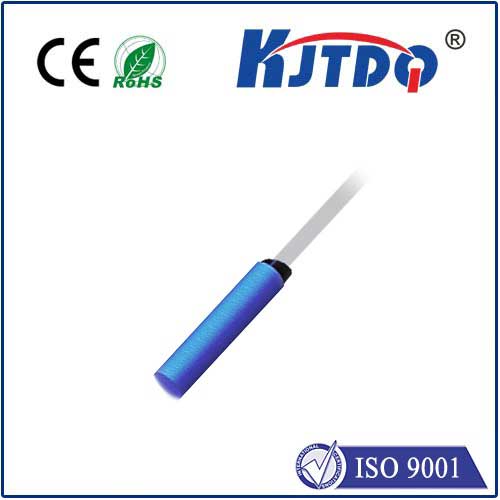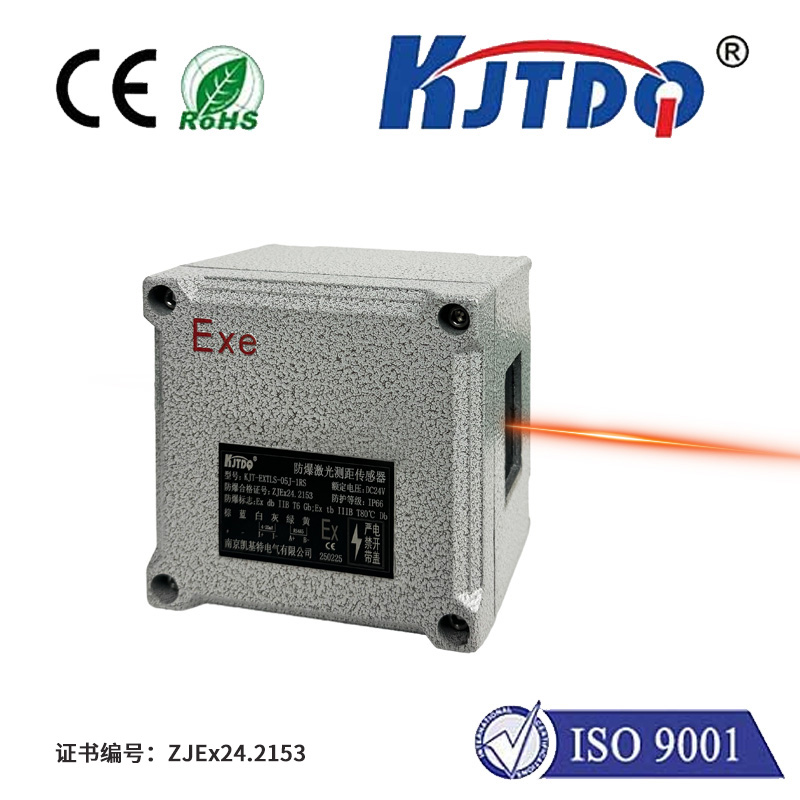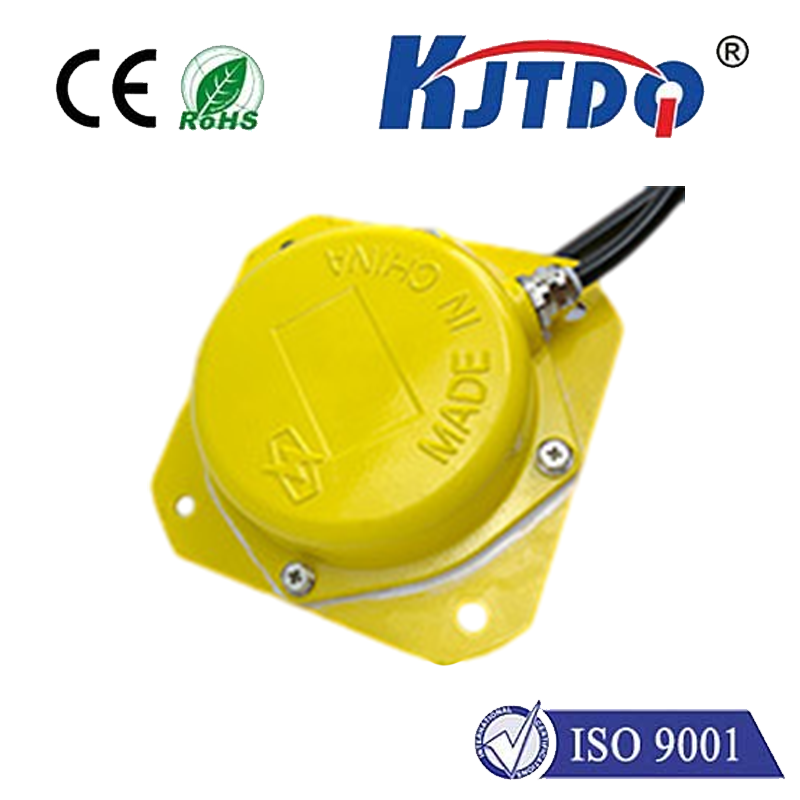
A level gauge is an instrument used to measure the level of material or liquid in a container or storage device. It can help determine the remaining amount of materials or liquids for timely replenishment or management. The working principles of level gauges can vary based on different types and technologies, but here are some common ones:
Pressure level meter: This type of level meter uses the effect of material or liquid on pressure to determine the material level. It usually installs a pressure sensor or measuring hole on the bottom or side of the container to determine the level of the material by measuring the pressure exerted by the material or liquid.
Float level meter: This type of level meter has a float connected to a float rod, and the buoyancy of the float causes it to float in the liquid. Depending on the position of the float, the liquid level can be determined. Float level meters are generally suitable for material level measurement in liquids.
Ultrasonic level meter: This type of level meter determines the distance and level of a material or liquid by emitting an ultrasonic pulse and measuring its reflection time. It sends ultrasonic waves into the interior of the container and then measures the time it takes for them to return, calculating the distance and material level based on the propagation speed of the sound waves and the time difference.
Laser level meter: This type of level meter uses a laser to emit a laser beam and uses a receiver to receive the laser light that is reflected or scattered by the material or liquid. By measuring the propagation time or intensity of the laser beam, the material level can be determined.
Conductive level meter: A level meter suitable for conductive liquids. With electrodes installed in the container, when the electrodes come into contact with the liquid, the conductivity of the liquid changes. The liquid level is determined by measuring the resistance or conductance between the electrodes.
These are just some common working principles of material level meters. In fact, there are many other working principles and technologies. Different types of material level meters are suitable for different application requirements. Choosing the appropriate material level meter according to specific needs can improve the accuracy and reliability of measurement.
